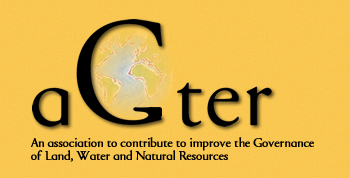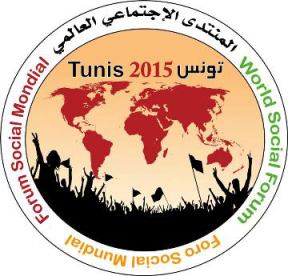|
|
||||||||||||||
|
|
WFAL Workshop – 1. Land and natural resource grabbing: state of the situation Thursday 26 of March, 15h00 - 17h30 (Quartier Planète, Reading room SLB)
WFAL Workshop – 2. Land and natural resource grabbing: reverse the situation ! Saturday 28 of March, 8h30, Quartier Planète, Room SP16
The following individuals will introduce the workshops:
The WFAL workshops will give World Social Forum participants the opportunity to share their experiences, observations, and proposals with the organizations and individuals involved in the organization of the WFAL. The WFAL organization process will last from now until the beginning of 2016, when the international forum takes place. With the approval of World Social Forum participants, their contributions will be included in reports that will be shared with WFAL participants and with the public through various means (landaccessforum.org, websites of organizations and individuals who have signed the call to organize the WFAL 2016, electronic and paper newsletters or reports, etc.) The World Social Forum in Tunis provides an essential space for the development of alternatives. It is an essential step for the WFAL to develop the farmer and other civil society organizations work together. The analysis and proposals that they share during the workshops will be notably directly confronted to the ones of governmental institutions representatives during events that will follow the Tunis Conference. |
AGTER. Addres: 45 bis, avenue de la Belle Gabrielle, 94736 NOGENT SUR MARNE CEDEX, FRANCE
Telephone: +33(0)1 43 94 72 59 / +33(0)1 43 94 72 96
E-mail: agter@agter.org






